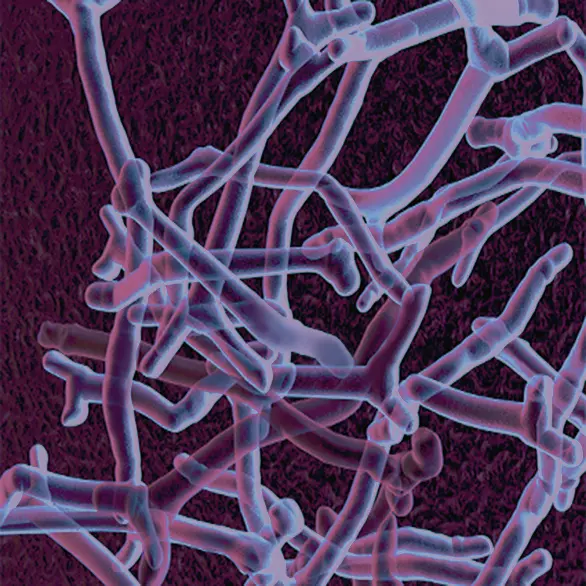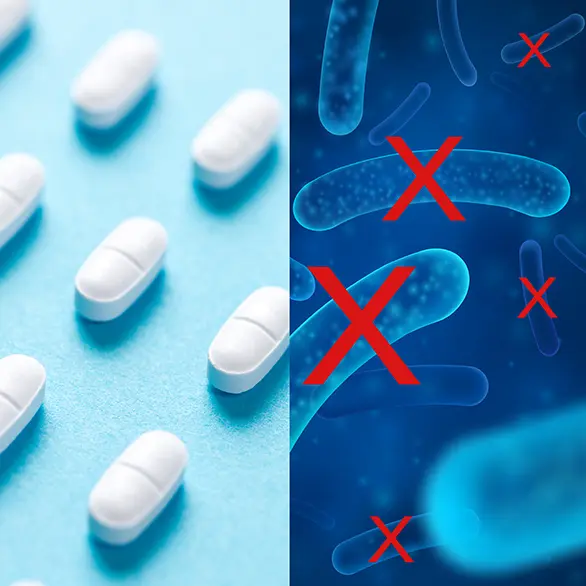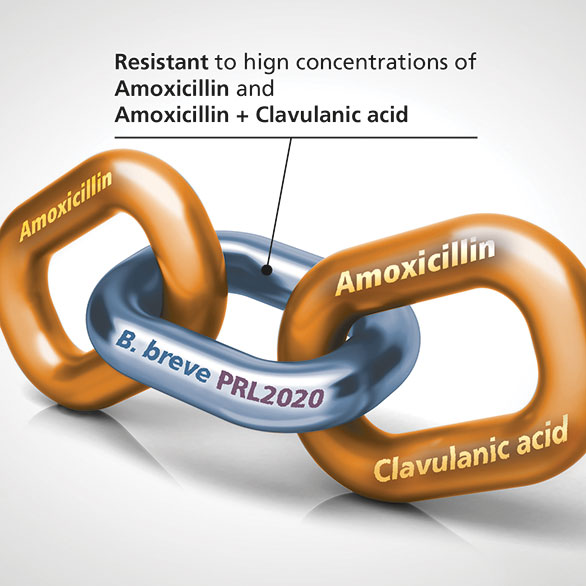BIFIDOBACTERIUM BREVE PRL2020
The role of bifidobacteria in the human microbiota

Bifidobacteria are a very important bacterial population for the human intestine.
They are the milestone of the intestinal microbiota of newborns (so much so that they can reach levels above 90% of the total bacterial population in the first year of life) and play a key role in the development of child’s immune system and intestinal motility.
Although in adults they represent a relatively small percentage compared to other bacterial communities, they play a particularly beneficial role for the body thanks to their anti-inflammatory and regulating activities of gut functions.
The infant microbiota that is in a condition of eubiosis (equilibrium) is particularly rich in three bifidobacterial species, B.longum infantis, B.breve, B.bifidum, capable of counteracting the Gram negative proteobacterial component. Among these species, B. breve seems to be the one correlated with a greater bacterial diversity, an index of intestinal health.




